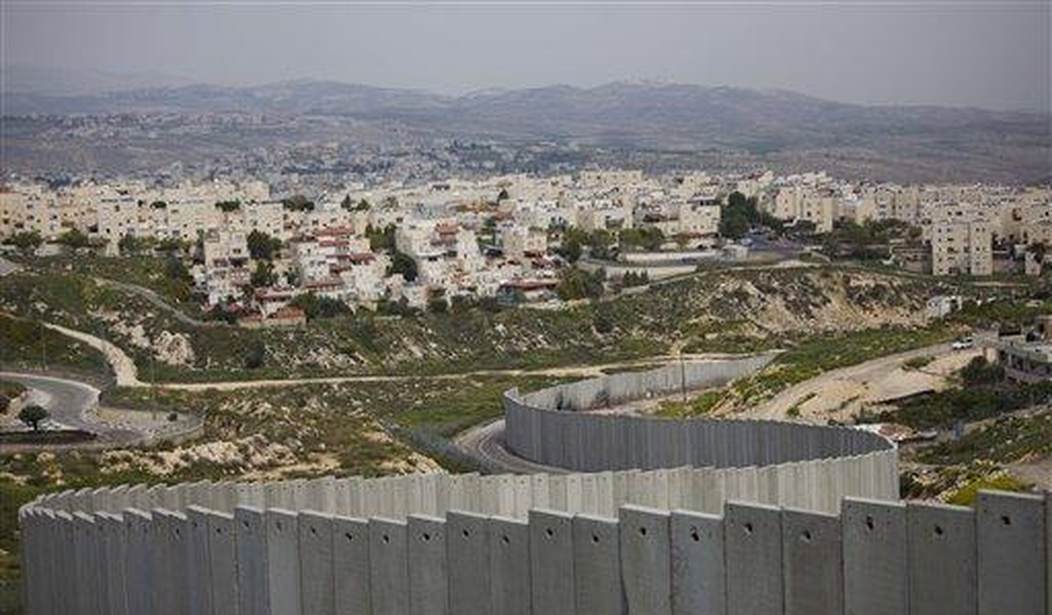"You must always leave the wall" -- "The Fantasticks"
While the debate continues about when, how quickly and who will pay for a "wall" across America's Southern border, at least one country known for its liberal politics is offering a lesson.
The "City of Light," Paris, France, has decided to spend 20 million euros ($22 million USD) to build a wall around the Eiffel Tower. Why? To limit the risk of terrorism.
Bloomberg.com reports that a city official, Jean-Francois Martins, said the idea is to have a "permanent and aesthetic barrier" around the city's most famous landmark. "Sadly," he said, "the risk of terrorism hasn't gone away."
When President Trump offers a similar rationale for building a wall between the United States and Mexico, he is denounced by the left as a racist.
Michael Rubin of the American Enterprise Institute, a public policy think tank, has made a useful contribution to the debate about walls. In an essay available on AEI.org, Rubin notes that unlike the Berlin Wall and other barriers to freedom that have been erected by totalitarian states, most walls and other deterrents, such as fences and mine fields have been installed to keep enemies and other undesirables out and contribute to national security.
Israel's "wall," along the West Bank, which is more a security fence, was built in the aftermath of a terror campaign against the Jewish state. Since then the number of terrorist attacks have dropped by 90 percent.
Recommended
About the barrier between Algeria and Morocco, Rubin writes, "Morocco fought a bloody insurgency and terrorist campaign sponsored by Algeria's and Cuba's Cold War proxy, the Polisario Front. The Polisario became ineffective, however, after Morocco built its famous fences, mine fields and ditches."
The United Nations, of all entities, built a wall dividing Cyprus between its "northern Turkish portion and the remaining Greek section after Turkey invaded and occupied parts of the island nation in 1974." Rubin adds that to "cite international law as opposed to walls is, therefore, nonsense since the United Nations created the precedent."
India and Pakistan have been hostile neighbors for decades, fighting wars in 1947, 1965, 1971 and 1999. About this, Rubin writes, "Because Pakistani terror groups regularly try to infiltrate and wreak havoc in India, India constructed a border fence and wall system to keep Pakistanis out."
Following skirmishes throughout the 1990's between Turkey and Syria, the Turkish government reinforced the border with "fences, mine fields, and no man's land, and it worked," writes Rubin. "The next fifteen years was largely quiet. It was only when Turkey's leader Recep Tayyip Erdogan removed many of the defenses and turned a blind eye to border security that the terrorism problem in Syria -- and its subsequent blowback inside Turkey itself -- grew so great."
Rubin writes of other walls, including one between Saudi Arabia and Yemen and those built by Greece, Hungary and Spain. True, some walls throughout history have been less effective, but these latest ones are working. They are modern examples employing modern technology and better models than ancient ones from which we can learn and emulate.























Join the conversation as a VIP Member